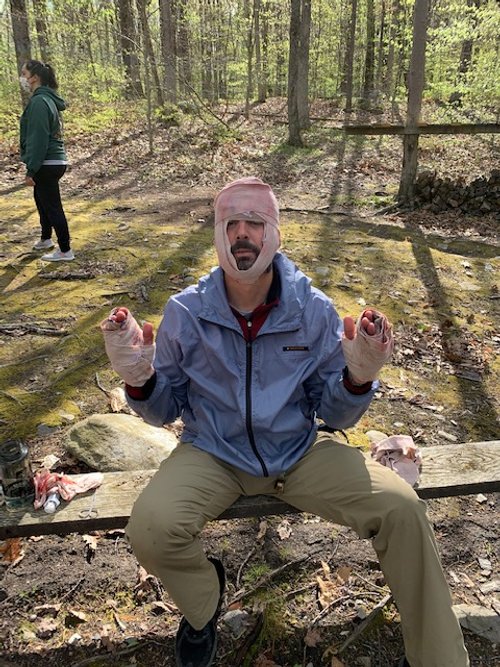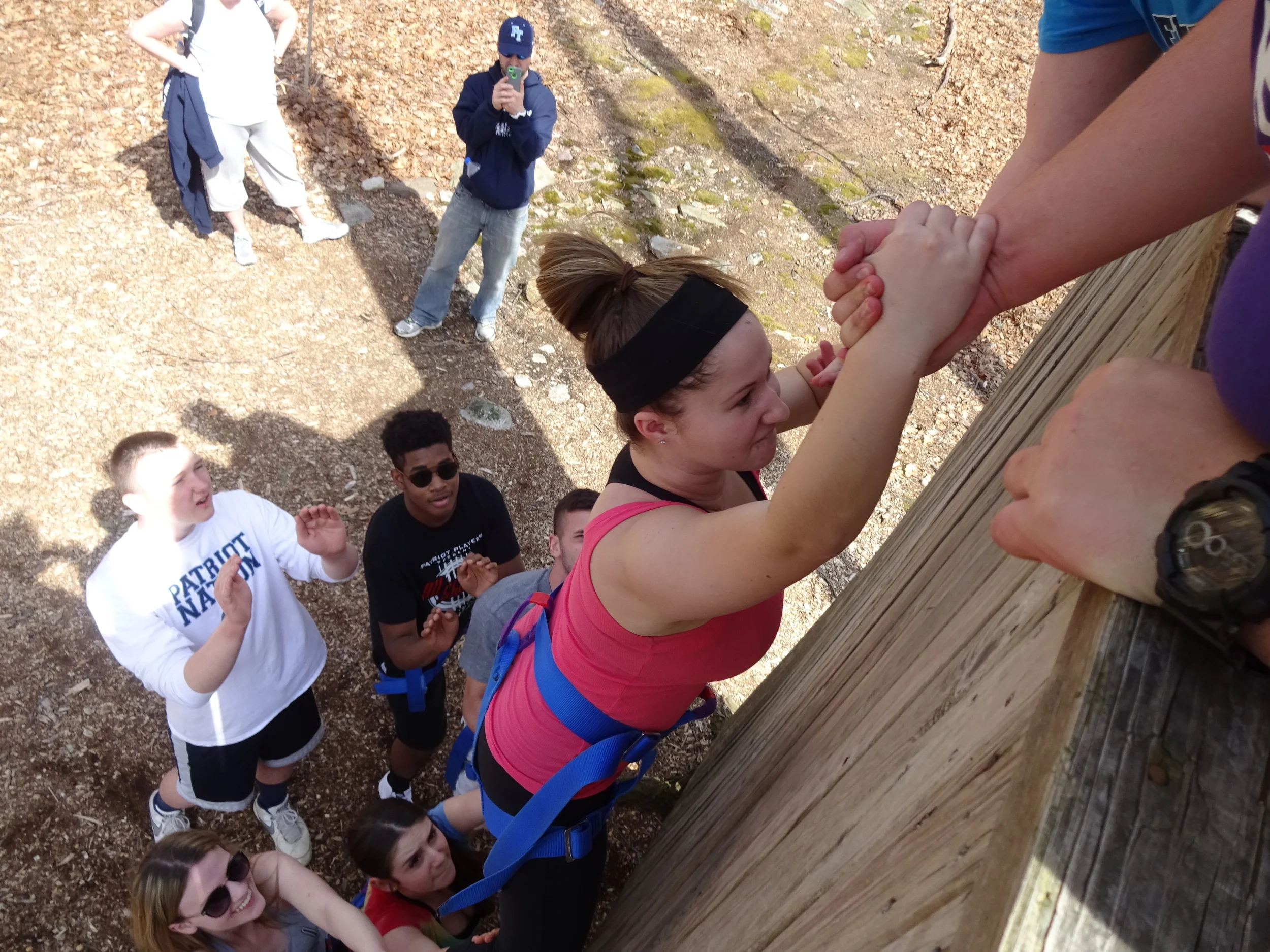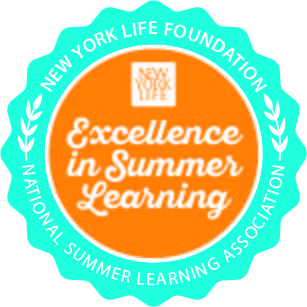Involve Me and I Learn
/
“Tell me and I forget. Teach me and I remember. Involve me and I learn.” -Benjamin Franklin
The concept of project-based learning has been around for ages. In fact, project-based learning existed long before formal schooling became the norm across the globe. Before the emergence of Howard Gardner’s Theory of Multiple Intelligences ever showed up in educational theory circles, The Project Method was being touted as a way to overcome “assembly line education” that some felt had overtaken American classrooms and curricula.
Regardless of its history or origins, project-based learning is one of the approaches used to include experiential education in the modern classroom, and is often cited as a way to solidify instructional concepts and help students develop 21st Century Skills alongside the designated core curriculum. Additionally, there seems to be evidence that, when best practices are applied, PBL can elevate student performance achievement in high-poverty communities.
At PBC, project-based learning has long been a central part of our Summer Bridge Program, to supplement and enhance students’ literacy and STEM instruction during the week they spend at our Blairstown Campus. In the past, our PBL challenges have covered a range of topics, from pollution and environmental justice quandaries, to discussions around current civic issues in participants’ communities.
This year, our Program team is working to create yet another iteration of PBL – service learning. A subset of project-based learning, service learning is “an approach to teaching and learning in which students use academic and civic knowledge and skills to address genuine community needs.”
According to the National Service Learning Clearinghouse, service-learning can benefit both students and communities by “building effective collaborative partnerships between schools or colleges and other institutions and organizations; meeting community needs through the service projects conducted; and providing engaging and productive opportunities for young people to work with others in their community.” Essentially, when implemented intentionally, it can truly be a win-win for students and the community organizations they serve.
Be sure to stay tuned for PBC’s service-learning adventures during Summer Bridge 2020!






















